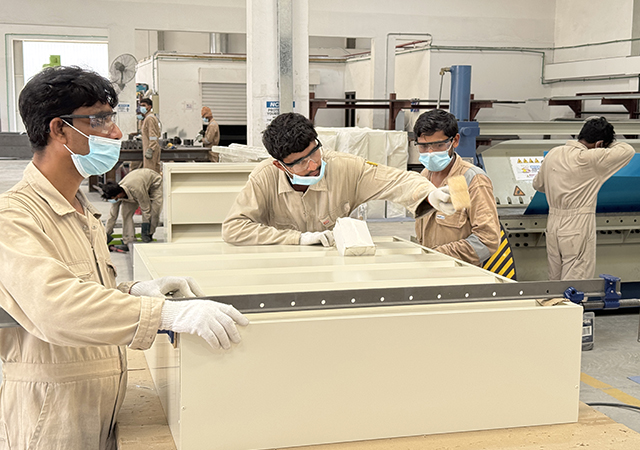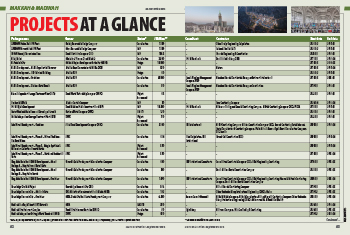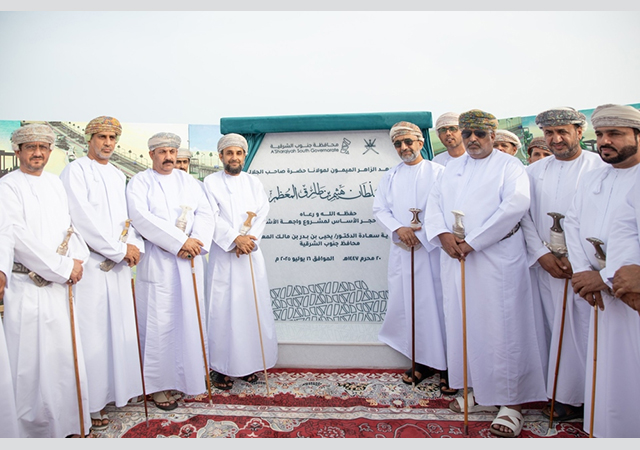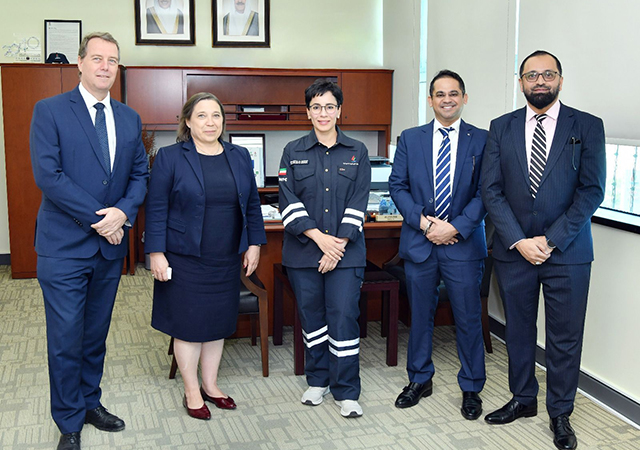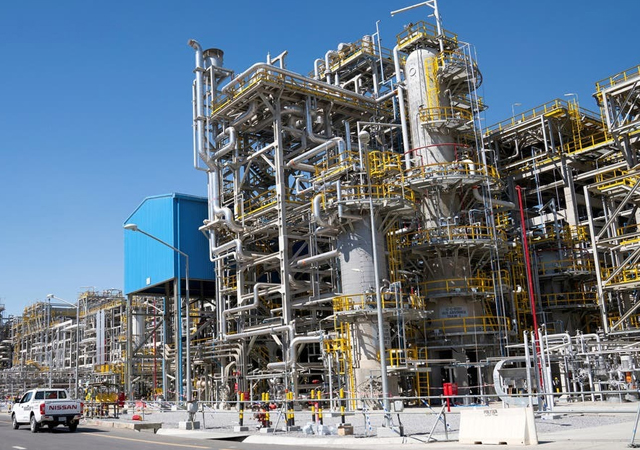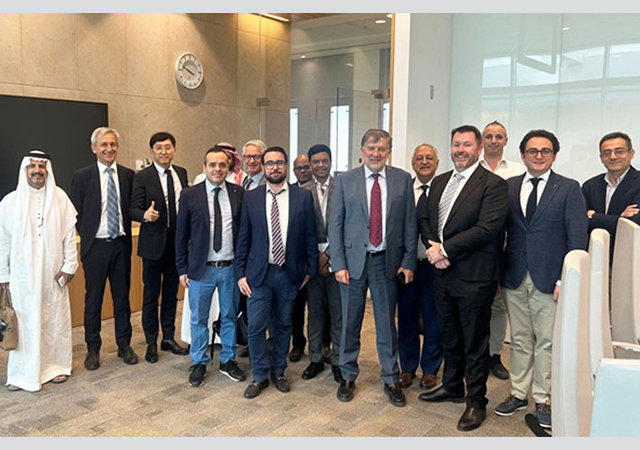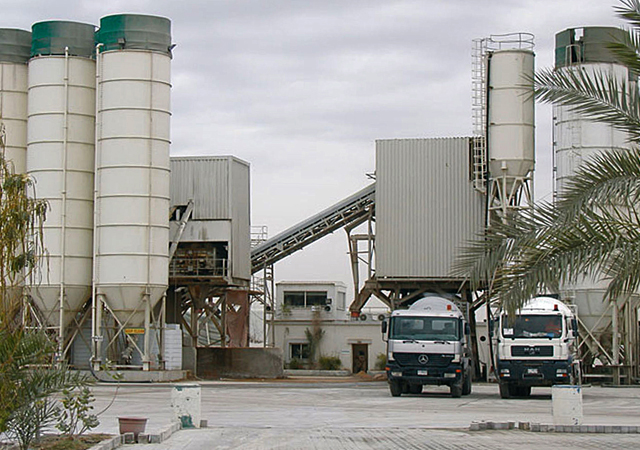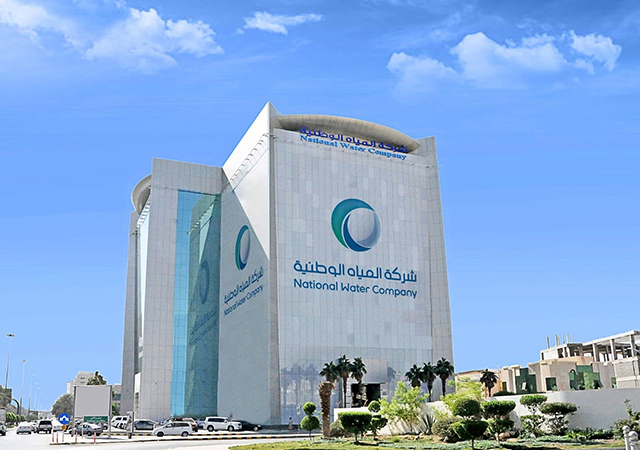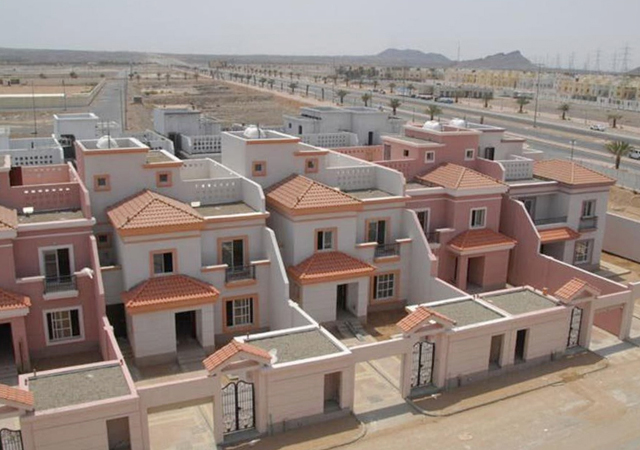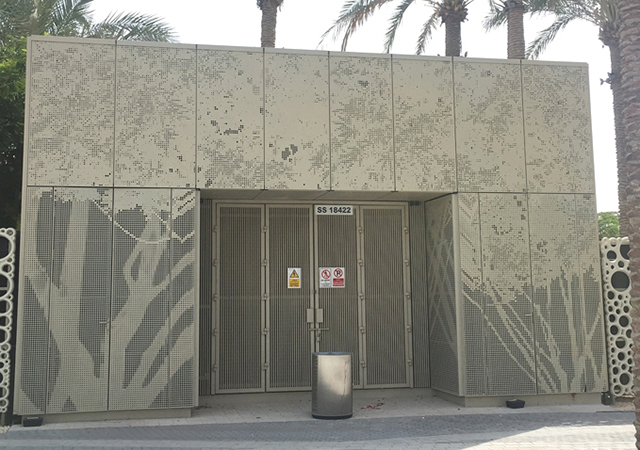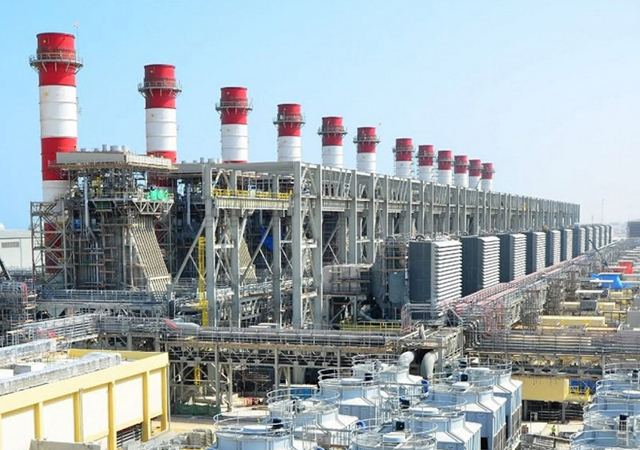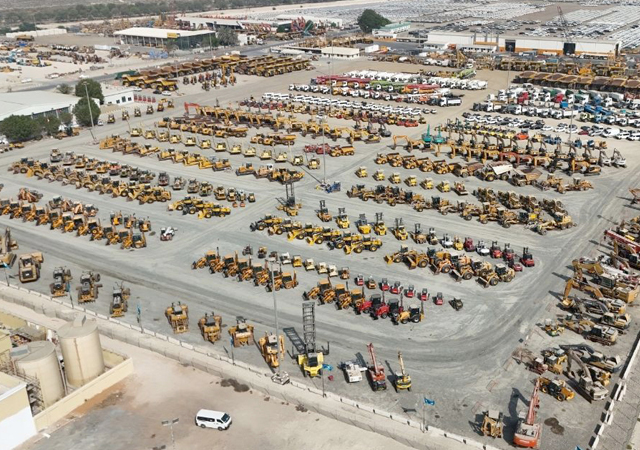
SAUDI ARABIA’S booming construction and contracting market is expected to be worth SR1.12 trillion ($300 billion) by 2015, according to the Council of Saudi Chambers, which also highlighted the problems faced by the industry and the need for an authority to boost the sector.
According to Fahd bin Mohammed Al Hammadi, chairman of the national contractors committee at the Council of Saudi Chambers, the value of government contracts awarded in 2013 amounted to nearly SR157 billion ($42 billion), and accounted for 65 per cent of the construction sector’s activities.
Construction is the kingdom’s second largest economic sector after oil, Al Hammadi said, adding that the sector contributed 16.5 per cent of the gross domestic product (GDP) in 2012.
The Finance Ministry sanctioned 1,855 contracts worth SR120.24 billion ($32.06 billion) during the first three quarters of 2013. “They included 627 contracts for operation, maintenance and cleaning with a total value of SR24.45 billion ($6.51 billion),” said Al Hammadi.
The number of registered contractors in Saudi Arabia reached about 115,000 by the end of 2013, which is 41 per cent less than the figure for 2010 when it was 280,000. Among them 3,052 are classified contractors. Firms licensed to provide contracting and maintenance services reached 3,487, which accounts for 77 per cent of investment licences in the country.
The drop in the number of contractors comes in the wake of the clampdown on expatriate workers.
Al Hammadi recently revealed that nearly 50 per cent of the smaller construction firms in Saudi Arabia have stopped operating because thousands of expatriate workers were unable to legalise their status during an amnesty period granted to illegal workers.
“The seven-month time frame allocated for the correction process was not enough to rectify 20 years of errors,” Al Hamadi had said.
Fawaz Al Khodary, deputy chairman of the committee, indicated that the construction sector was facing a lot of problems and emphasised the need for an authority to strengthen the sector.
“We also need specialised centres to train workers required for the sector and a research centre to conduct studies on better implementation of projects.”







